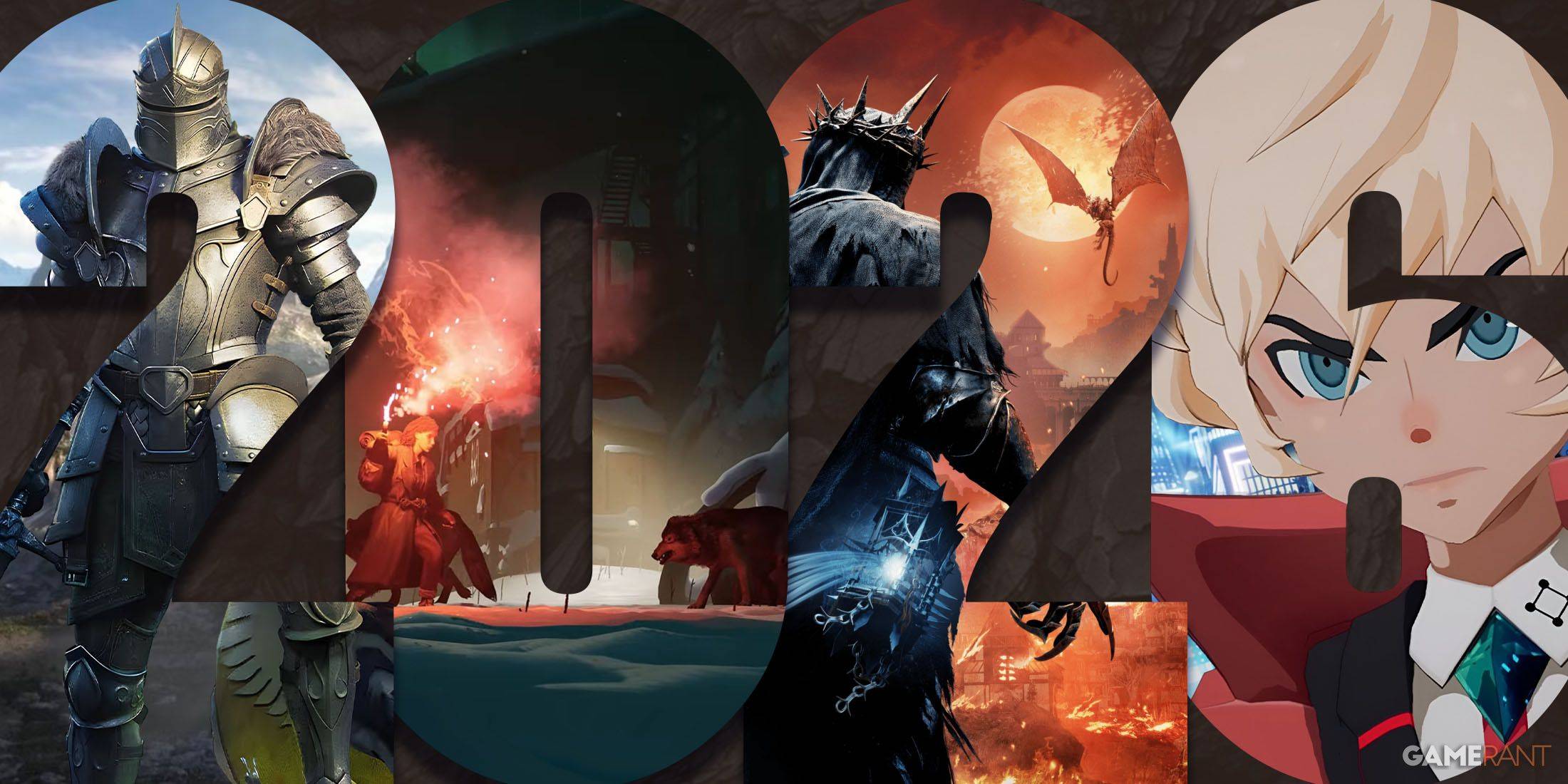Nintendo Switch 2 Pre-orders Cause Chaos: Analysts Blame Tariffs
It’s been a whirlwind week for U.S. gamers, marked by a roller coaster of news. The excitement began with the full reveal of the Nintendo Switch 2, showcasing its features and games. However, the initial joy was quickly overshadowed by the announcement of its $450 price tag, with Mario Kart Tour set at $80. The latest twist came this morning when Nintendo decided to delay pre-orders, pending an assessment of the impact from the Trump Administration’s new, sweeping tariffs on global trade.
We’ve covered the reasons behind the high cost of the Nintendo Switch 2 and the potential effects of these tariffs on the gaming industry elsewhere. The burning question now is, what will Nintendo do? Will the Nintendo Switch 2's price increase when pre-orders finally open?
Typically, to answer such questions, I consult a panel of expert industry analysts. While they can't predict the future, they usually provide well-informed predictions based on data and evidence. This week alone, I've written two pieces based on their insights.
However, this time, every analyst I spoke with was stumped. Some speculated that Nintendo might raise prices, while others believed they would not. Yet, all emphasized the unprecedented nature of the situation, highlighting the rapid changes and the impossibility of accurate predictions about Nintendo's, Trump's, or any other party's future actions.
With that in mind, here's what the analysts had to say:
Sky-High Switch
The panel was split on whether Nintendo would raise prices. Dr. Serkan Toto, CEO of Kantan Games, initially thought it was too late for Nintendo to adjust prices after their announcement. However, the delay changed his perspective. He believes Nintendo might have no choice but to increase prices for the system, games, and accessories. "It is very difficult to predict, but Nintendo will likely take a few days to run simulations and then announce hikes, not only for the system itself but also games and accessories," he said. "I hope I am wrong but if sustained, these sky-high tariffs leave them no choice. Would you be surprised now to see Switch 2 hit US$500 for the base model? I wouldn't."
Toto also questioned Nintendo's timing: "Why on earth did Nintendo not wait for the US to fix their tariffs first and then decide on pricing during a Direct a few days later? This made no sense."
Mat Piscatella, senior analyst at Circana, echoed the sentiment that the situation is unprecedented and unpredictable. He believes that game prices, including those from Nintendo, are likely to rise, though the extent and specifics remain uncertain. "Based on the conversations I'm having, the breadth and depth of the tariffs surprised everyone, not just consumers," he noted.
Piscatella pointed out that Nintendo likely made some assumptions about tariffs when setting the initial price, but the actual tariffs were much higher than expected. "Every reasonable and responsible business that relies on international supply chains will be reevaluating its US consumer pricing at this point. They have to," he said. He also mentioned that the US might join other regions where video games are historically more expensive due to these tariffs.
Manu Rosier, director of market analysis at Newzoo, predicts that hardware prices will increase, though he believes software prices might remain largely unaffected due to the growing dominance of digital distribution. "While physical versions might be subject to tariffs, the growing dominance and lower cost of digital distribution would likely limit any broader effect," he explained.
Regarding hardware, Rosier suggests that if a substantial tariff increase is introduced, companies like Nintendo are unlikely to absorb the cost by reducing their margins. Instead, the burden would likely shift to consumers in the form of higher retail prices.
Holding the Line
On the other side, Joost van Dreunen, NYU Stern professor and author of "SuperJoost Playlist," acknowledges that a price increase is possible, particularly given the high tariffs on Vietnam. However, he believes Nintendo will try hard to avoid raising prices.
"I believe the volatility from the Trump tariffs was already considered in the Switch 2's $449.99 pricing," he said. "Given the first Trump administration's impact, Nintendo, like other manufacturers, has since restructured its supply chain to mitigate such geopolitical risks. Historically, Nintendo has aimed for a launch price around the $400 mark, adjusted for inflation, suggesting that the current price already reflects an anticipation of potential economic challenges stemming from ongoing trade disputes."
Van Dreunen notes the unpredictability of these tariff decisions, particularly the recent situation in Vietnam, which adds significant uncertainty to the market. He believes Nintendo will strive to maintain the $449.99 price point but may be forced to reassess if the trade landscape worsens.
Piers Harding-Rolls, games researcher at Ampere Analysis, agrees that Nintendo faces a difficult situation, having already announced the launch price. He suggests that the company might hold off on price changes until at least 2026 if the tariffs persist. "The extent of the tariffs and its impact on Vietnamese exports are really bad news for Nintendo," he says. "The company is now in between a rock and a hard place, having already announced the launch price."
Harding-Rolls believes the delay in pre-orders gives Nintendo time to hope for a resolution in the coming weeks. "Nintendo will not want to change the price having announced it, but I think everything is on the table now. If the pricing does change, it will impact the brand and the US consumer’s view of the product at launch. I don’t think that will put off loyal fans, but it might put off broader consumers who will take a wait-and-see approach. That’s particularly important during its first holiday season."
Living in Unhinged Times
Rhys Elliott, games analyst at Alinea Analytics, aligns with the first camp, predicting higher prices for both Nintendo hardware and software due to the tariffs. He referenced his previous comments to IGN about Nintendo's strategy of offering cheaper digital editions in certain markets to encourage digital purchases. "It seems the lower prices in other markets were to nudge Switch 2 buyers to digital, as I mentioned my comments to IGN about Mario Kart World’s pricing. Nintendo might have wanted to do something similar in the US, but the tariff situation is so chaotic that Nintendo was in ‘wait and see’ mode — and decided to hedge its bets to see if it needed to offset the tariffs."
Elliott also painted a grim picture of the broader impact of the tariffs on the gaming industry, aligning with warnings from the Entertainment Software Association. He believes these tariffs will lead to a "weaker, poorer nation," with consumers bearing the brunt of the costs. "Some manufacturers – Nintendo included – have been shifting their manufacturing to non-tariff-impacted markets," he says. "And even if companies can afford to switch up (no pun intended!) their supply chains, who knows which markets will get tariffs next – as recent news supports."
Elliott emphasized the logistical impossibility of moving entire supply chains to the US under current laws and the unpredictable nature of the current administration. "We are living in…there’s no other word for it...unhinged times driven by an unhinged man (and other forces)," he said.
He criticized the tariffs as detrimental to US consumers during a cost-of-living crisis, describing them as bad for gamers and the gaming industry. "Policies that lead to higher prices for everyday people amid a cost-of-living crisis are deplorable. They're bad for gamers and the games business. I won’t comment on the real reason for the US tariffs, but ‘a much stronger, much richer nation’ is not it."
Elliott also highlighted the economic harm caused by tariffs, citing the principle of comparative advantage in international trade theory. "Time and time again, data has shown that tariffs harm the economy. Comparative advantage is a core principle of international trade theory. Basically, consumption and economic well-being are stronger when countries focus on producing goods they can efficiently produce (at the lowest cost compared to other goods) – and trade for goods they are less efficient at producing. The trade war flies in the face of these core economic principles."
Nintendo Switch 2 System and Accessories Gallery
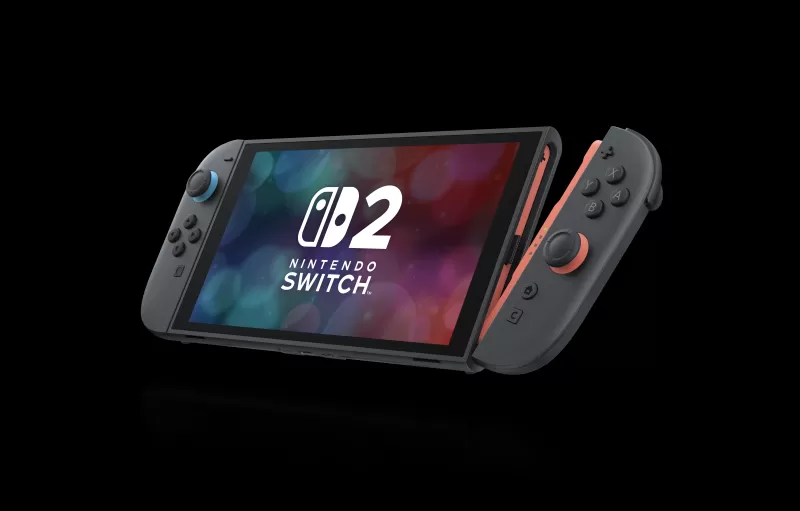
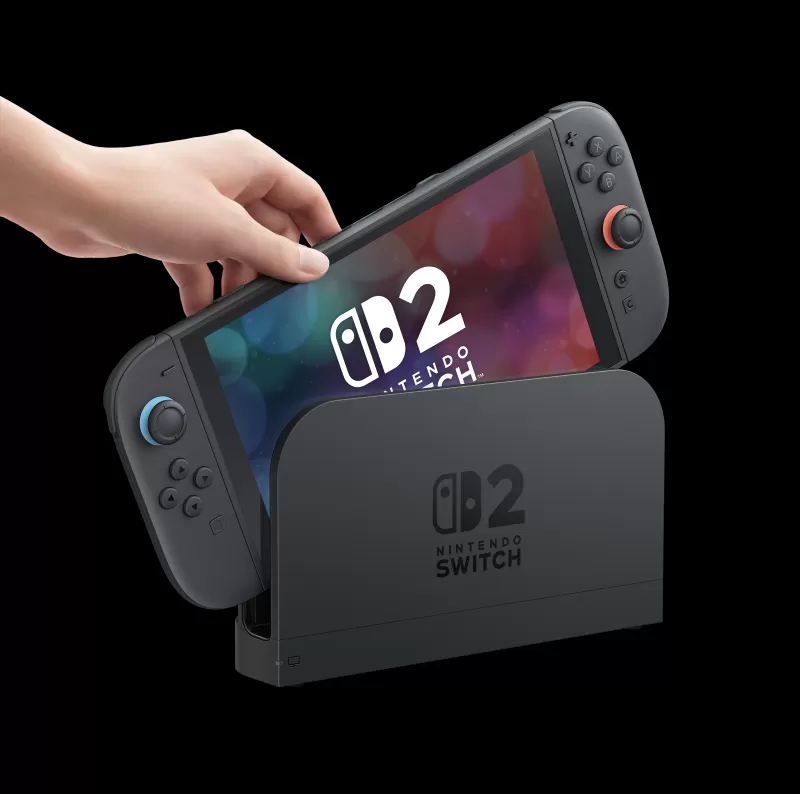 91 Images
91 Images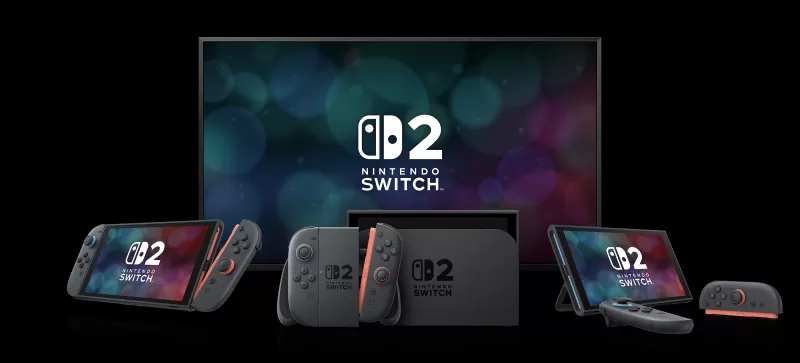
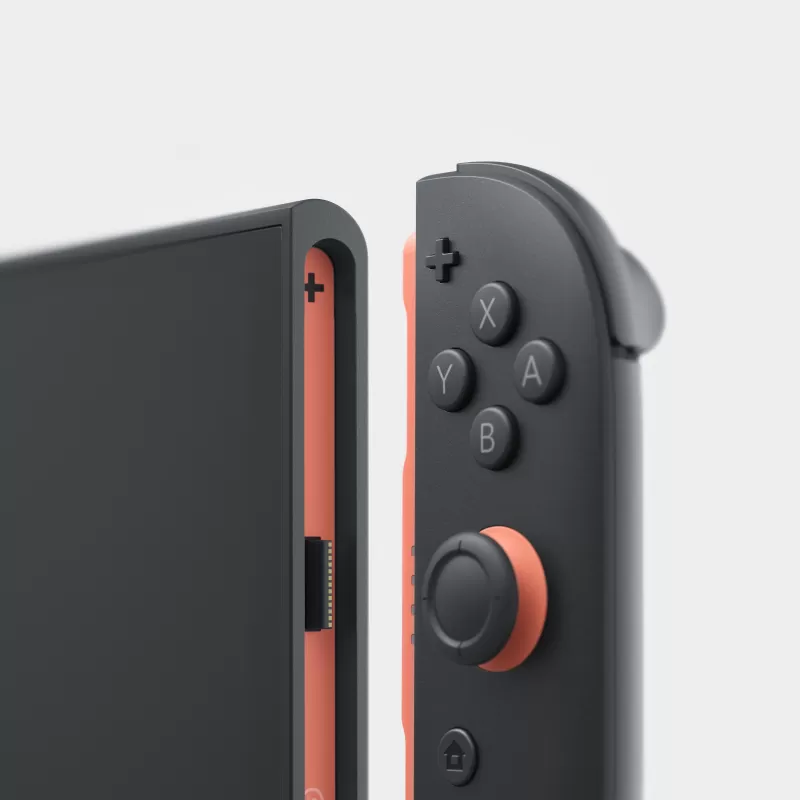
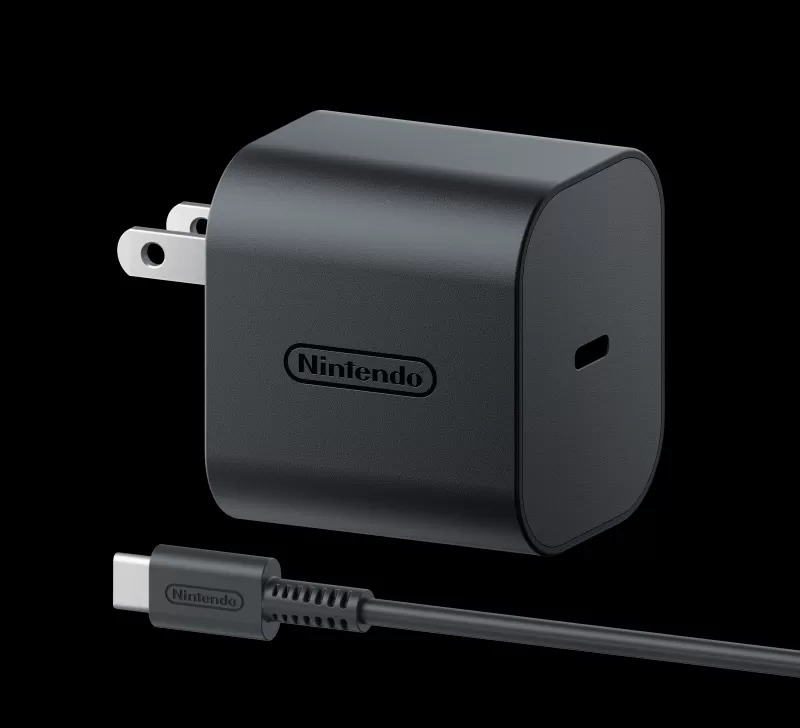
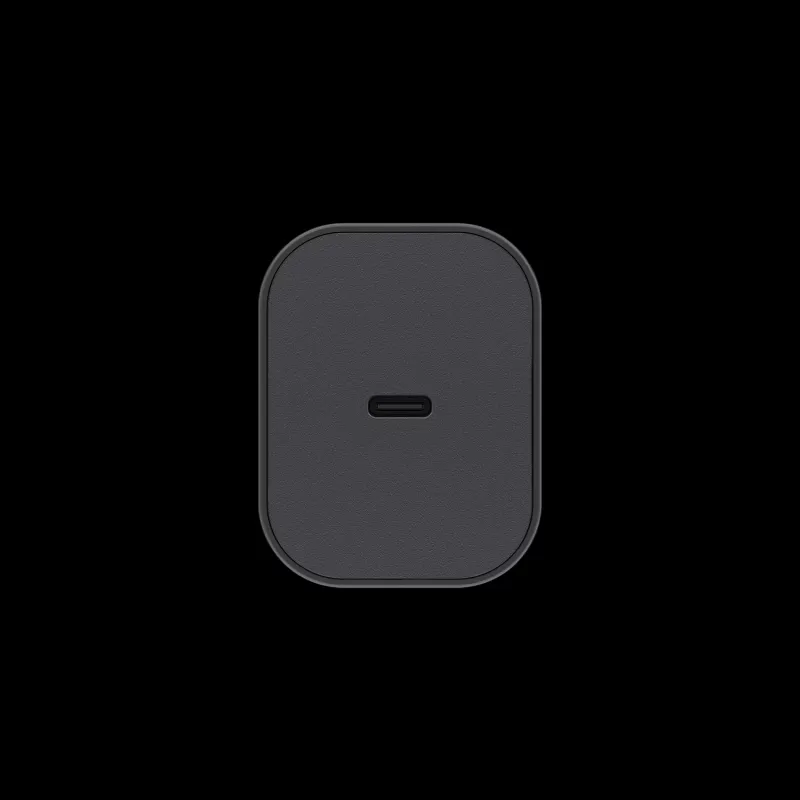









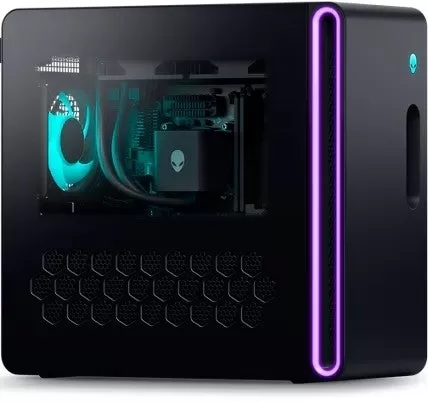


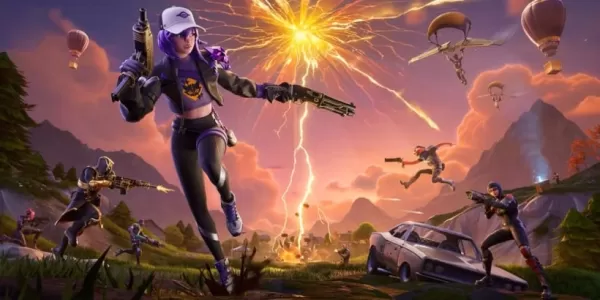
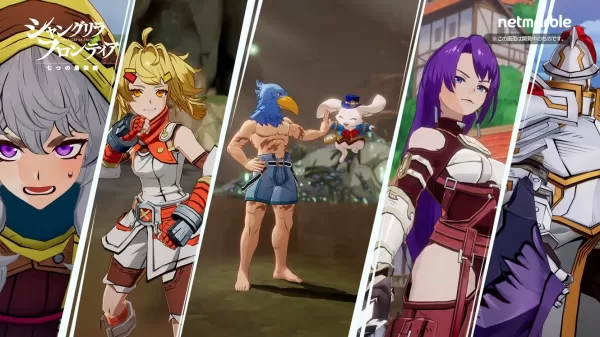





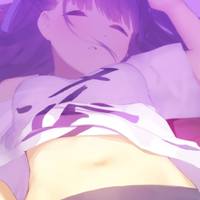



![Salvation in Nightmare [v0.4.4]](https://imgs.21qcq.com/uploads/36/1719555347667e551321c26.jpg)
